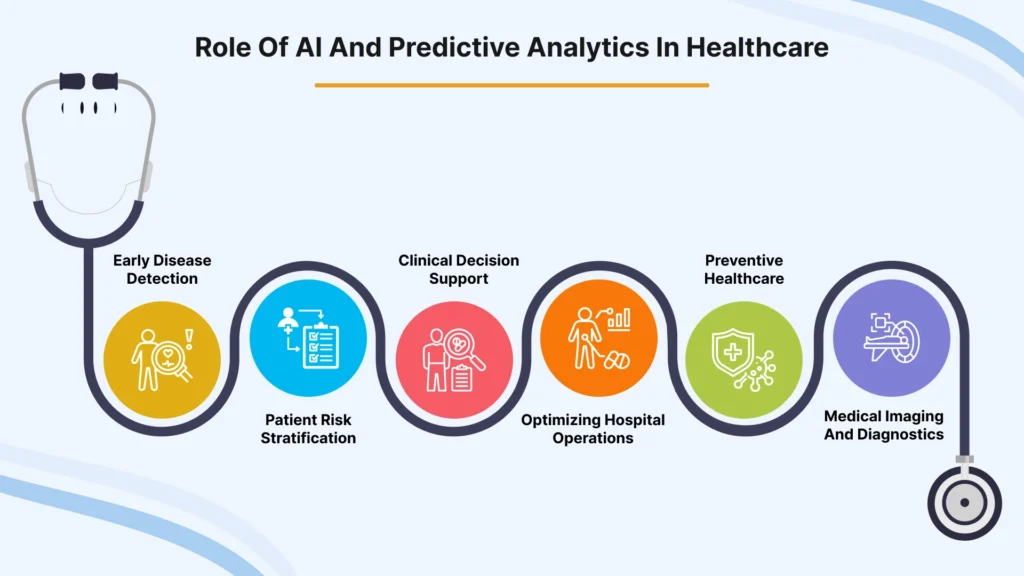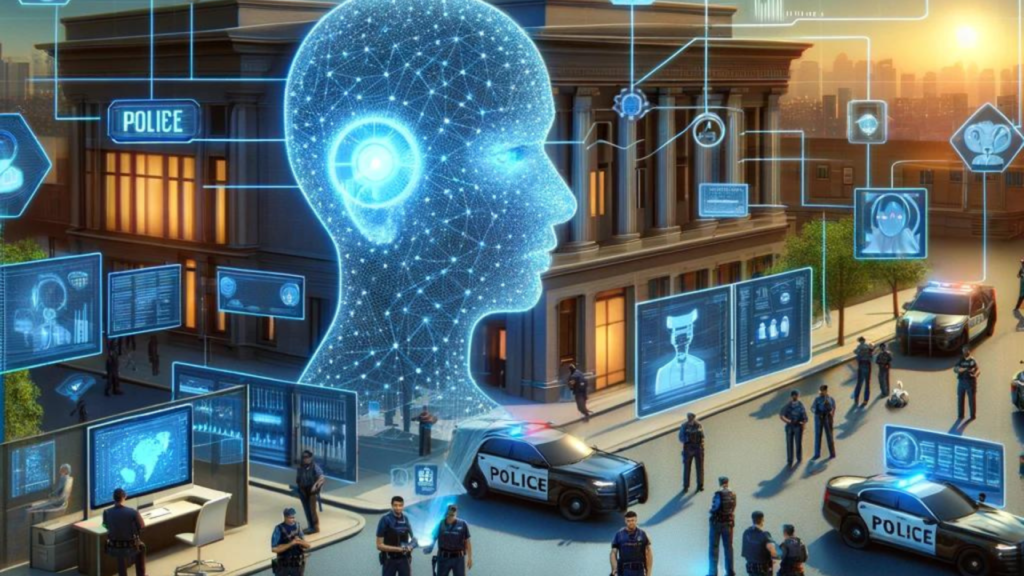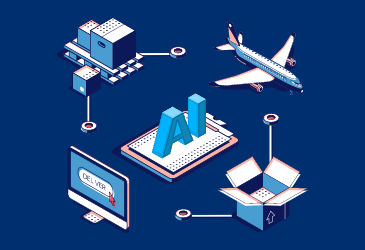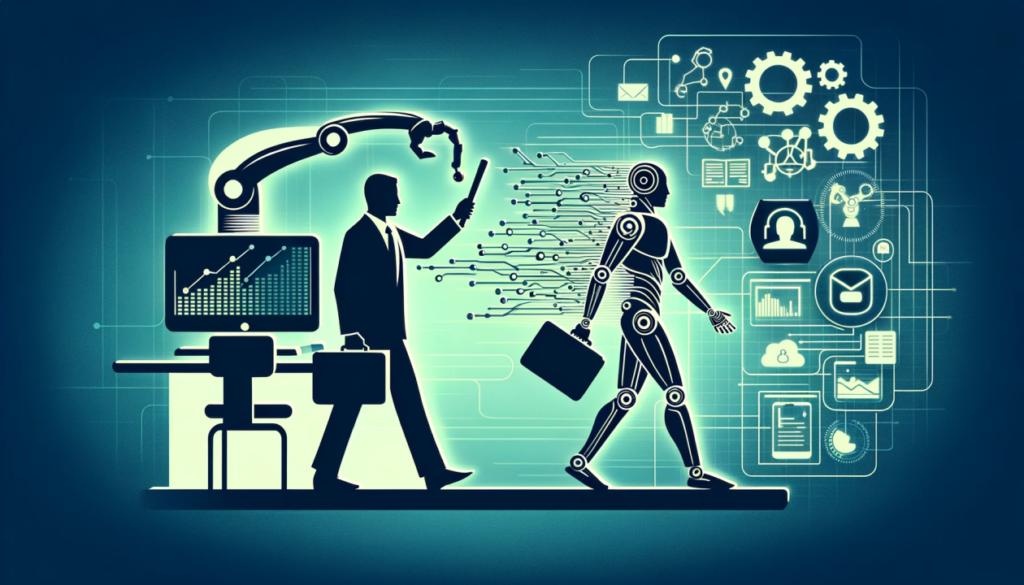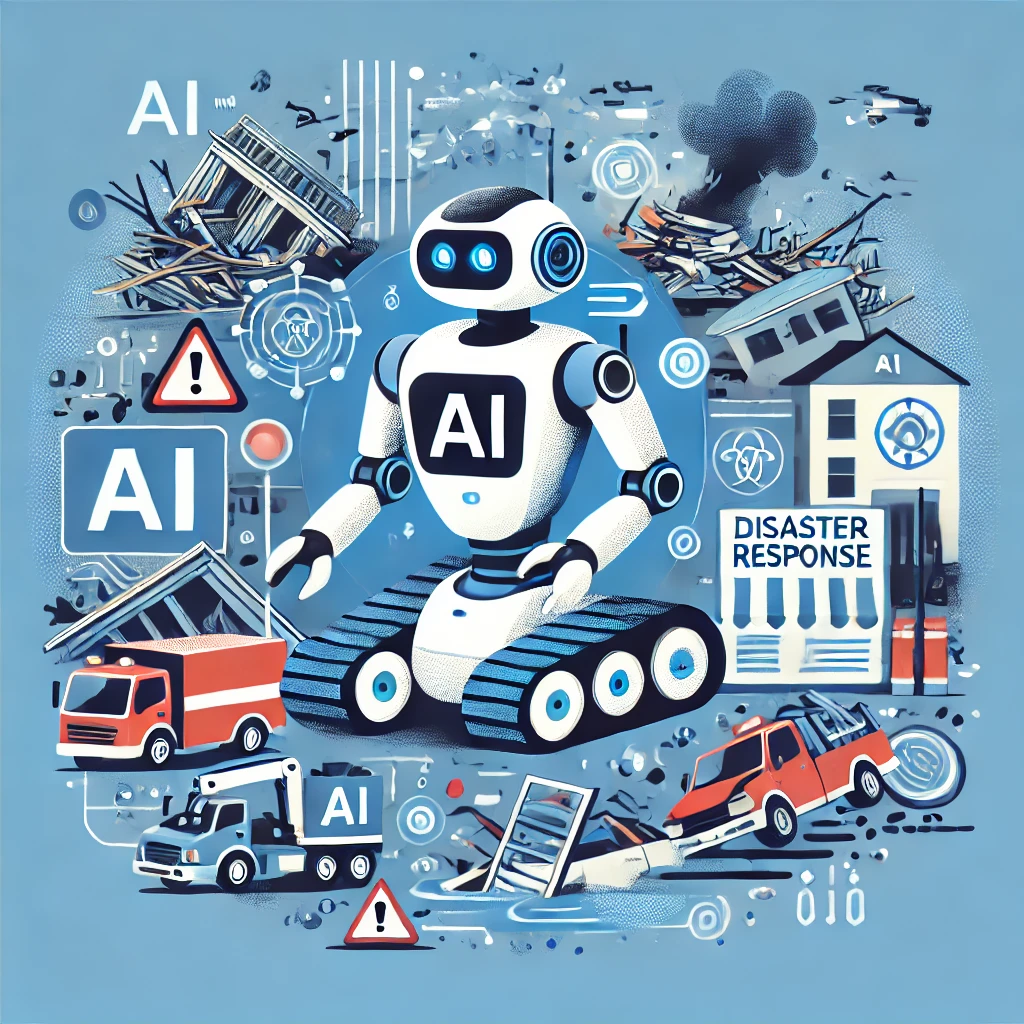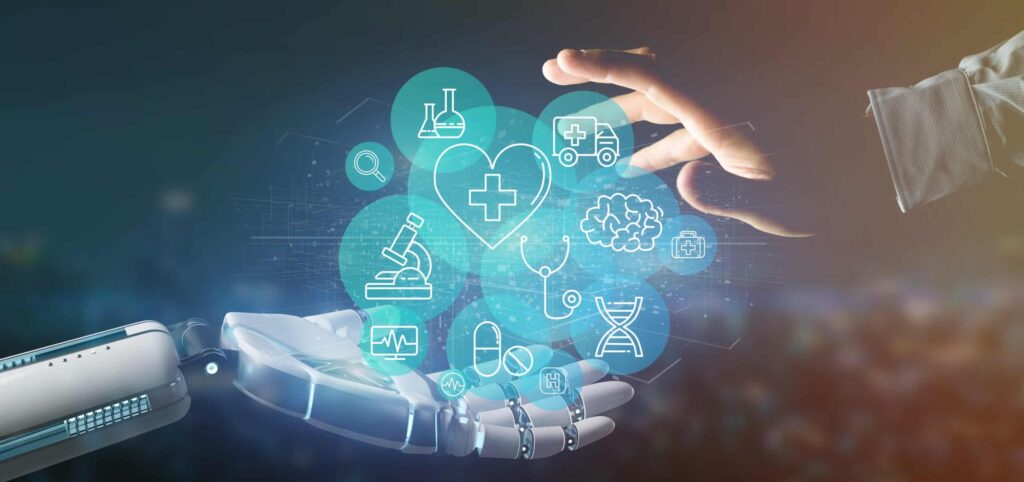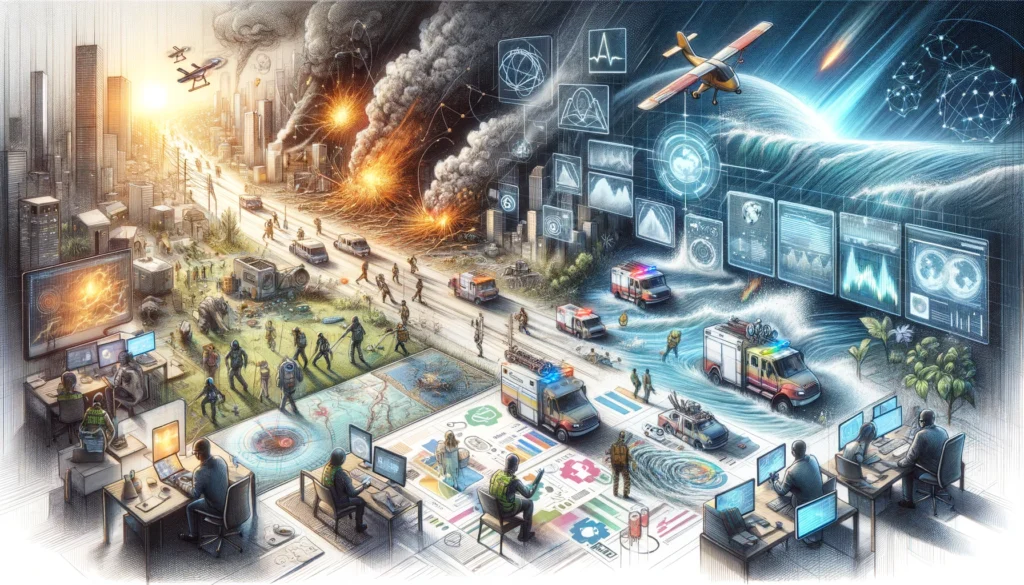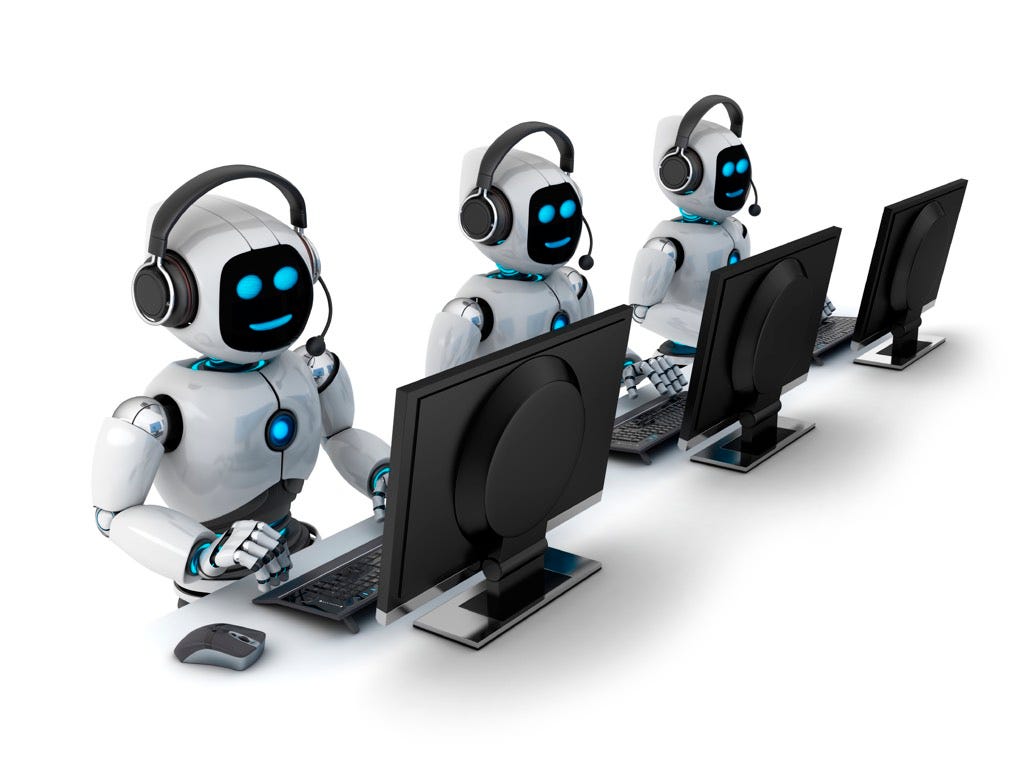AI-Driven Predictive Analytics in Healthcare: Transforming Early Diagnosis and Treatment
Introduction: The Rise of AI in Predictive Healthcare Artificial Intelligence (AI) is revolutionizing healthcare by enabling predictive analytics that can anticipate diseases, optimize treatment plans, and improve patient outcomes. Traditional healthcare systems often rely on reactive measures, diagnosing conditions only after symptoms appear. AI-driven predictive analytics, however, leverages vast datasets, machine learning (ML) models, and […]
AI-Driven Predictive Analytics in Healthcare: Transforming Early Diagnosis and Treatment Read More »

